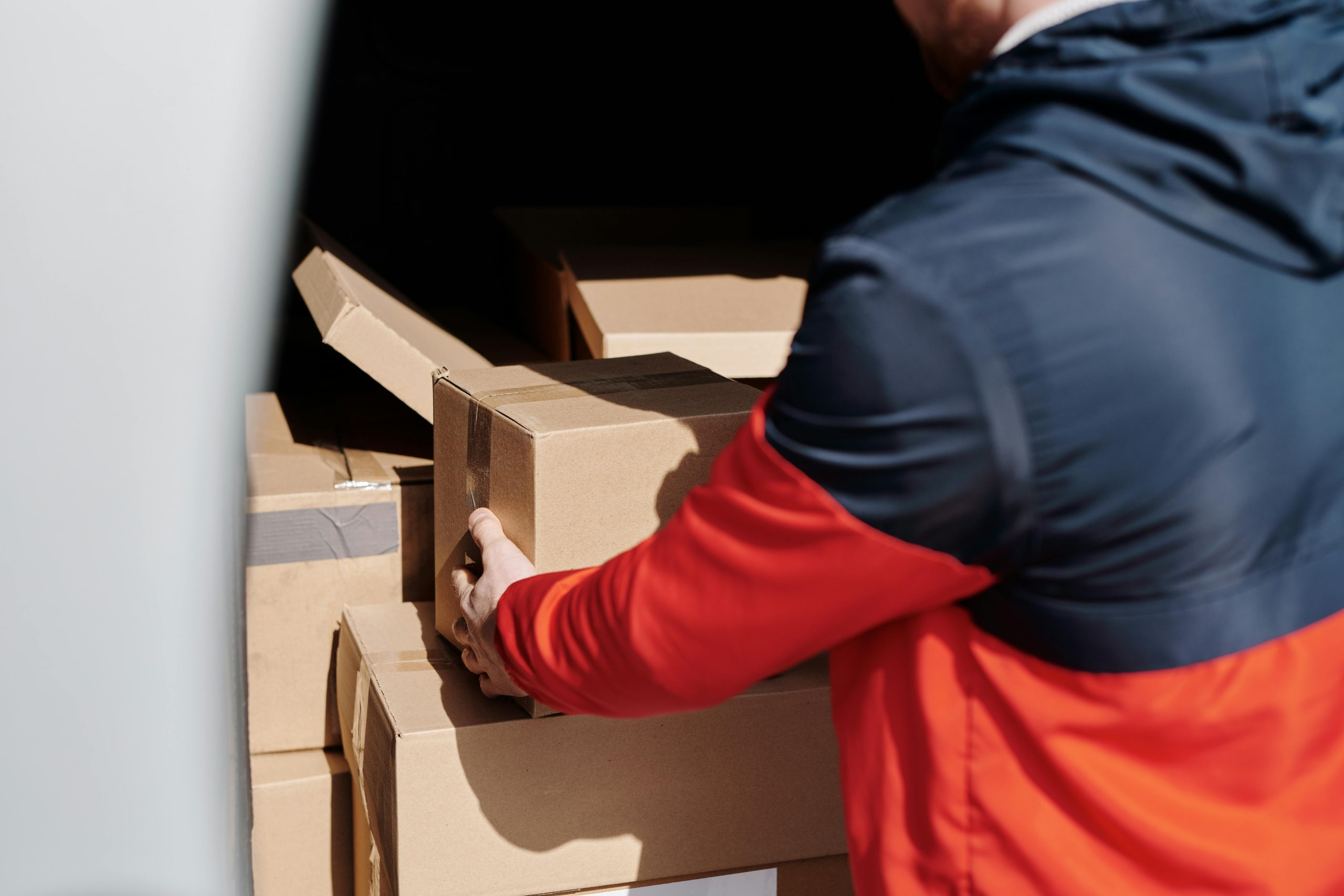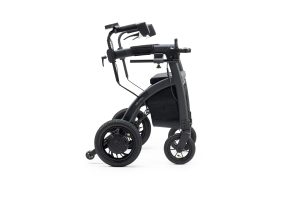Legal Implications of Drone Delivery Services
From fast food to online shopping, the world of delivery services is constantly evolving. The latest addition to this industry has been the introduction of drone delivery services. While this technology has potential benefits such as faster delivery times and reduced labor costs, it also brings with it a host of legal implications. As businesses and consumers continue to explore the use of drone deliveries, it’s important to understand how the law may be impacted. In this article, we will delve into the legal implications of drone delivery services and what businesses and individuals should consider when using or implementing this technology.
What are Drone Delivery Services?
Drone delivery services, also known as unmanned aerial vehicle (UAV) deliveries, involve using drones to transport goods to customers. These drones are equipped with GPS technology and remote control, allowing them to fly to specific locations without the need for a pilot. They can carry a range of items, from food and medicine to small packages and even larger items like furniture.
The Federal Aviation Administration’s Regulations
Operational Limitations
The Federal Aviation Administration (FAA) is the authority responsible for regulating drone operations in the United States. They have specific regulations in place for commercial drone operations, including drone delivery services. These regulations include operational limitations that must be followed by businesses and individuals using drones for deliveries.
One of the main limitations is that drones must remain within the visual line of sight of the operator. This means that the drone must always be within the operator’s range of vision. Additionally, drones cannot fly over people who are not directly involved in the operation, unless they are inside a stationary vehicle or structure.
Registration and Certification
In order to fly a drone for commercial purposes, businesses and individuals must obtain a Remote Pilot Certificate from the FAA. This requires passing a written test and completing a background check. Additionally, all drones used for commercial operations must be registered with the FAA and display their registration number on the aircraft.
Privacy and Trespassing Concerns
Privacy Concerns
One of the major concerns surrounding drone delivery services is the invasion of privacy. Drones equipped with cameras can capture images and videos of individuals and their property without their consent. This raises questions about the protection of personal privacy and what measures can be taken to prevent unwanted surveillance.
While the FAA has regulations in place for drone operations, they do not have specific rules regarding privacy protection. Some states have taken action by implementing their own laws, such as requiring drones to fly at a certain height or prohibiting drones from flying over private property without consent. As drone technology continues to advance, there will likely be more discussions and legislation surrounding privacy concerns.
Trespassing Concerns
Another legal implication of drone delivery services is the potential for trespassing. Drones can cross property lines and fly over private property, which can be considered trespassing without proper authorization. Businesses and individuals using drones for deliveries must take precautions to ensure the drones do not enter restricted airspace or violate property rights.
Liability Issues
In the event of an accident involving a drone delivery, there are questions of liability that must be addressed. Who is responsible for damages or injuries caused by a malfunctioning drone? Is it the business using the drone, the manufacturer, or the operator? As of now, there is no clear answer and these issues will likely be resolved through future legal cases.
Conclusion
While drone delivery services offer many advantages, it’s important to consider the potential legal implications. Businesses and individuals must carefully follow FAA regulations and take into account privacy and trespassing concerns. As drone technology continues to evolve and their use becomes more widespread, it’s likely that more laws and regulations will be put in place to address these issues. By staying informed and taking proactive measures, the legal implications of drone delivery services can be properly managed and navigated.










